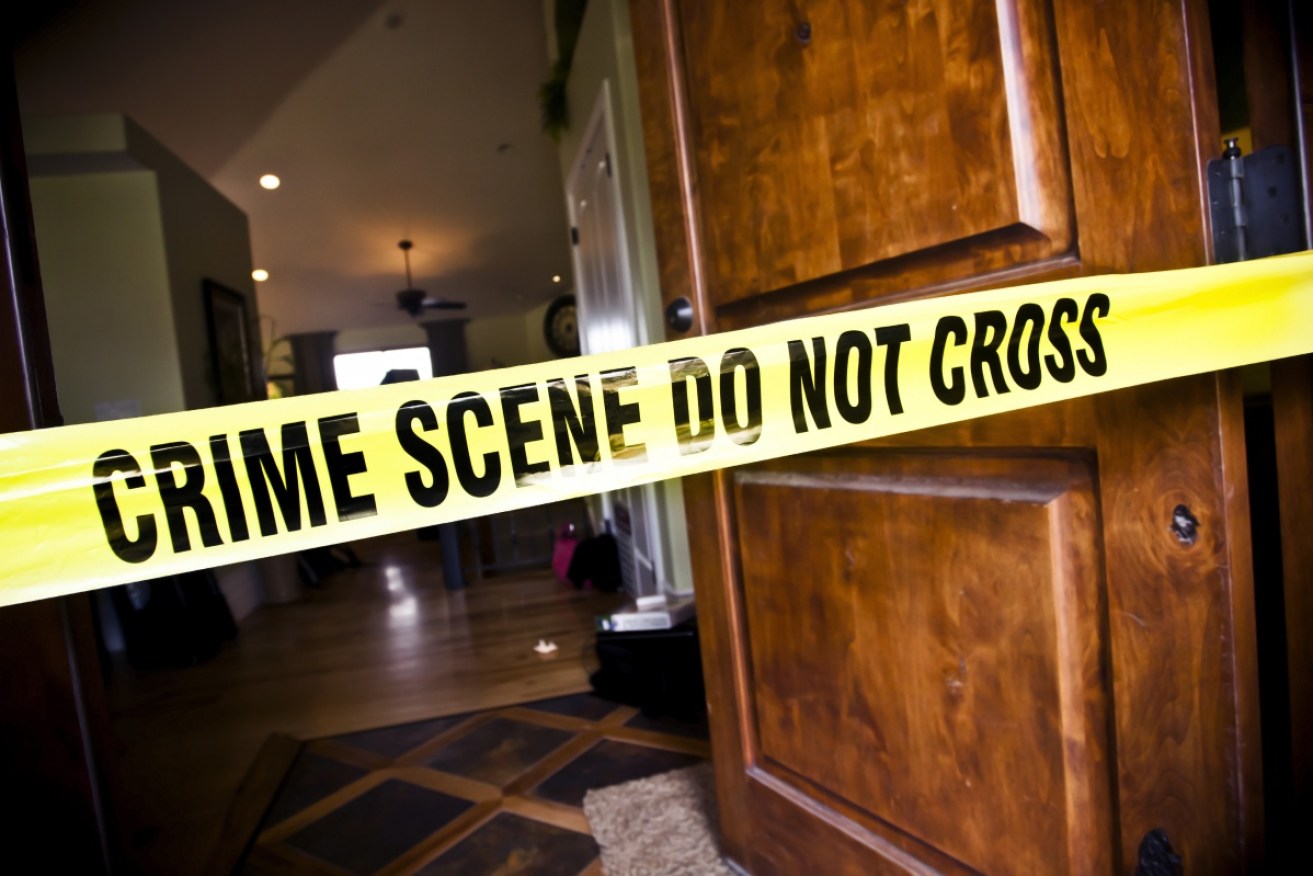Murder houses and ruined real estate: How crime affects property value


Buyers want to know if your house has a dark past. Photo: Getty
Would you buy a house that had been used as a brothel? What about one where its residents had been murdered?
The very thought was clearly too much for the couple who paid $800,000 for the former Sydney home of Teddy and Mary Gonzales in 2004.
The couple, who were Buddhists from Taiwan, were horrified to learn the Gonzaleses, along with their daughter Clodine, had been murdered by their son, Sef, in the North Ryde house several years earlier.
Believing the house to be haunted and that living in it would bring them bad luck, they backed out of the deal – losing their $80,000 deposit.
But vendors in NSW are obliged to disclose any non-physical defects in the property they are selling. The NSW Office of Fair Trading took legal action against the real estate agents involved for failing to reveal the Gonzales property’s history to buyers, and for engaging in misleading or deceptive conduct.
The prospective buyers were reimbursed for their lost deposit, and the agency fined.
As for the North Ryde house, it took two more years to sell – at a much reduced price.

B and B potential: The Snowtown bank building where eight bodies were found. Photo: AAP
On the tricky issue of how much to say about potential deal-breakers in property, Real Estate Institute of South Australia chief Greg Troughton has simple advice: “Disclose, disclose, disclose.”
“The REIA takes a strong view that the agent should disclose,” he said.
“That doesn’t mean you put it in the ad, but when and if someone becomes interested in the property, full and frank disclosure is necessary so they’re not blindsided.”
Vendors had an ethical obligation to disclose a property’s history if there was “even a suggestion that it might impact on the purchase”.
“If the vendor asks the agent not to disclose, we advise them to reconsider the relationship,” he said.
It’s an approach that has certainly worked in South Australia. Infamy became a selling point in the sale of the Snowtown bank where eight bodies were discovered in barrels in 1999.
Selling the property on eBay in 2012, agent Nigel Christie said one option for its future was as a bed and breakfast – with a “come and stay here if you dare” theme.
Sydney conveyancer Garth Brown said many invisible factors could reduce a property’s value.
Common examples include homes that have been used as brothels (and continue to attract would-be clients), as well as those used in drug manufacturing, consumption, or dealing.
The best advice for prospective buyers is to carry out their own investigations, Mr Brown said.
“We’ve learned to advise all purchasers to ask the neighbours next door about the property, because that’s the only way you’ll learn the truth,” he said.
Business law lecturer Debra Wilson, of New Zealand’s Massey University, has investigated the issue, covering many of the non-physical factors that can reduce a property’s value.
“A stigmatising characteristic does not permanently affect property values,” she wrote in a paper titled “For sale: Beautiful family home, three bedrooms, friendly poltergeist and unique reputation as local murder site”.
She cited a US university study that found “a well-publicised murder” could lower property’s value by 15-35 per cent. But the effect fades after five-seven years.
Despite that, “it is not unreasonable to expect that stigmatised property cases will increase in New Zealand and Australia over the next few years”, Ms Wilson concluded.

Randall Bell has made a career out of assessing the impact of negative effects of property values.
In the US, the detrimental effect is so well-recognised that Los Angeles real estate appraiser Randall Bell devised a system in the 1990s to measure the effect of non-physical factors on a property’s value.
Known as the Bell Chart, it covers everything from crime and environmental contamination to construction defects and natural disasters. It is explored in detail in this story in Atavist magazine.
The good news for vendors in a sticky spot or worried buyers? Mr Bell said that while a house might be unsellable immediately after a crime, even the worst stigma eventually fades.








